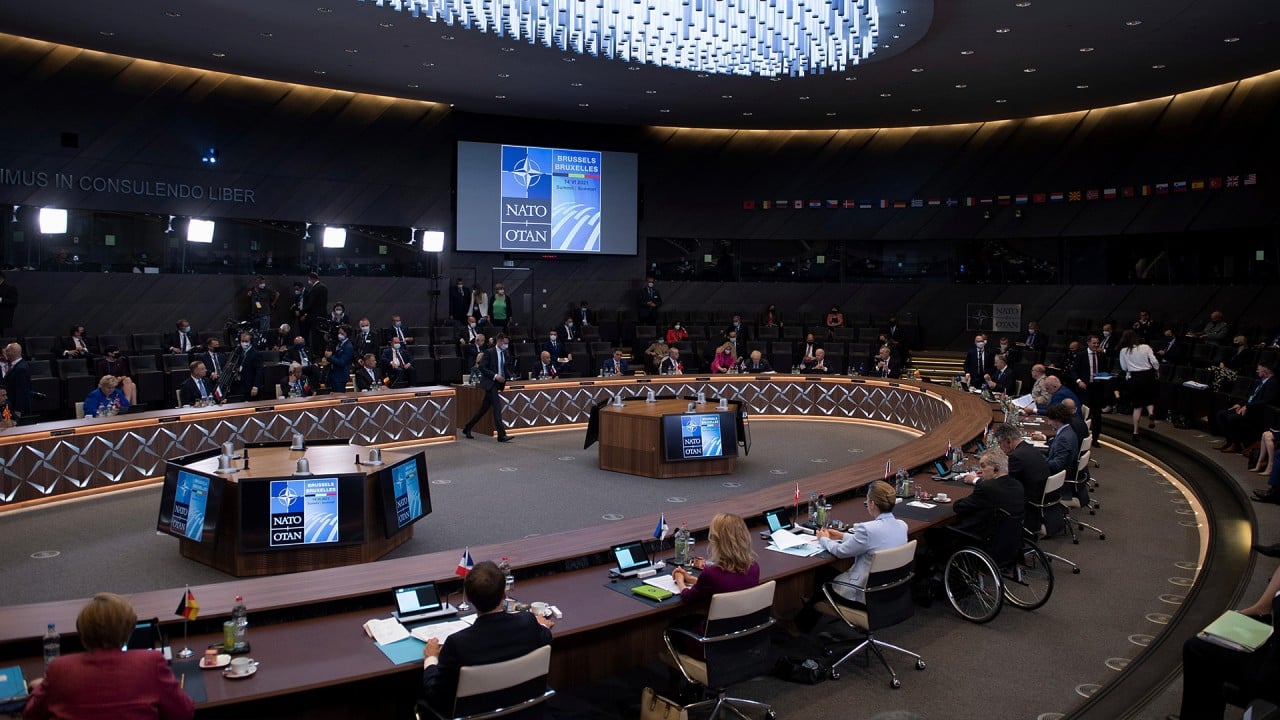US lawmakers seem open to narrower Asian trade pact in wake of TPP failure
- At subcommittee hearing, senators are urged to consider a scaled-down pact focusing on digital trade
- ‘We need to be strategic and to work cooperatively with our allies. This is especially true in the Asian-Pacific region’

Spurred by supply chain interruptions, US lawmakers appeared open on Tuesday to engaging with allies in Asia on a multilateral trade agreement after Washington’s withdrawal from the Trans-Pacific Partnership four years ago.
Senator Tom Carper, the Democratic chairman of the Senate Subcommittee on International Trade, Customs and Global Competitiveness, and John Cornyn, the panel’s ranking Republican, agreed with former US trade negotiator Wendy Cutler that re-engaging with Asian countries on a narrower pact as a starting point is in the US interest.
“The coronavirus pandemic has shown just how much Americans rely on the internet for work, for education for health, for commerce and a lot more in order to remain competitive in the digital economy,” Carper said. “We need to be strategic and to work cooperatively with our allies to ensure fairness, transparency and openness in our e-commerce and data rolls. This is especially true in the Asian-Pacific region.”
Cutler, the US Trade Representative Office’s chief negotiator for the TPP pact agreed upon during Barack Obama’s administration, urged lawmakers to consider a scaled-down, sectoral agreement, focusing on digital trade as a way to avoid drawn-out, multi-year talks that run a greater risk of being rejected by lawmakers. With such an agreement as a foundation, the trade representative’s office could more easily forge multilateral deals in other sectors.

06:33
G7, Nato rhetoric mark ‘seismic shift’ between China and the West
“We have a strong interest in remaining at the table, shaping the rules on digital trade and digital technologies,” Cutler said. “Our small- and medium-sized enterprises rely on these tools to survive and trade, and I think a digital trade agreement would offer benefits to our workers and our middle class.”
